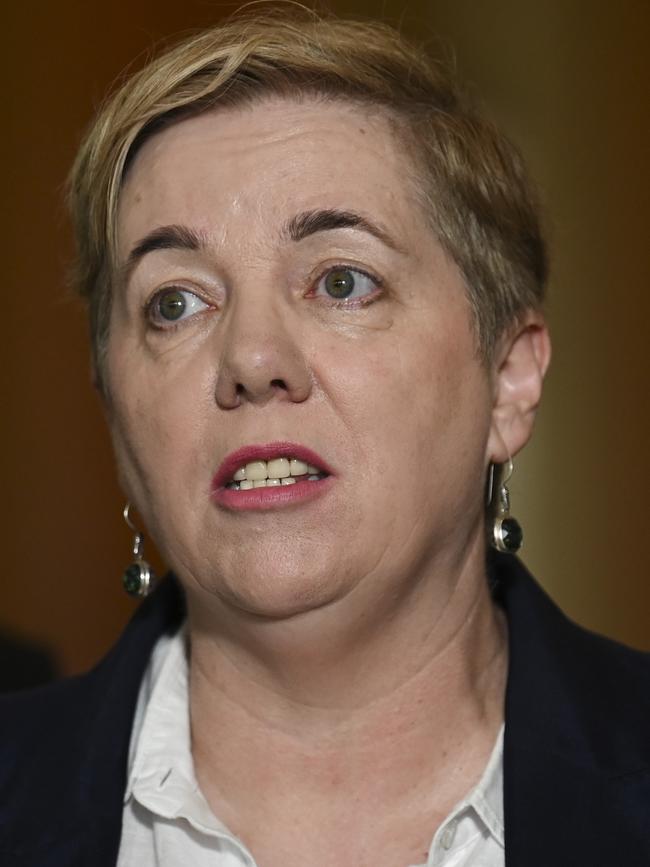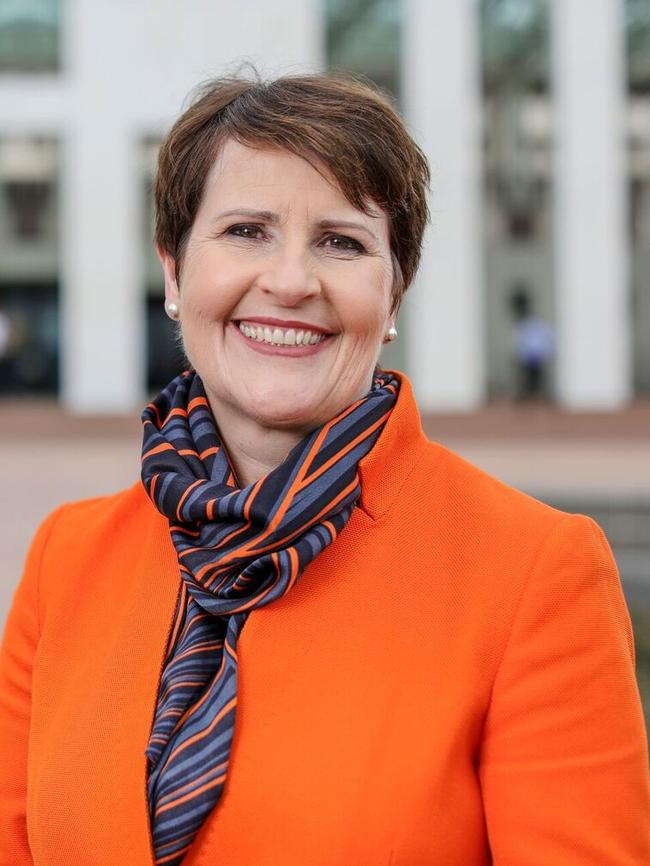Voters clamour for affordable health in election lead-up
Threats and delays to affordable medicine access underscore an appetite for higher health spending, with polling placing it as the nation’s second political priority.

The vast majority of Australians would support a rise in medicine subsidies, despite the taxpayer cost, with new polling indicating affordable healthcare is the highest priority for Australians behind the cost of living.
In the latest Mood of the Nation survey conducted by SEC Newgate, 68 per cent of respondents said they would urge the Albanese government to invest in quality affordable healthcare, while 78 per cent supported an increase to medicine subsidies ahead of the next election.
It comes after patient groups panned the government’s independent drug subsidy assessor, the Pharmaceutical Benefits Advisory Committee, for deferring its consideration of 45 medicines submitted for government funding.
Beyond medicine acquisition, the poll indicated established issues in the health system had not abated for many patients, with 36 per cent of respondents struggling to get an appointment when they needed one, 35 per cent struggling to afford health services and 32 per cent enduring long wait lists for essential services.
Consumers Health Forum chief executive Elizabeth Deveny said the findings indicated a growing appetite for community consultation in health spending, and a focus on preventive care.
“Post-COVID-19, we are playing catch up with our preventive health measures, this paired with the rising cost of care means people are not being caught early, leading to an increased need for primary care. These factors along with our health workforce shortage have driven healthcare to the forefront of everyone’s minds,” Dr Deveny said.
“What people need from their healthcare differs by communities and demographics. For some, their priority is access to medicines and for others it’s having better access to mental health support.
“Currently that conversation is being led by industry with vested interests, we need an equal independent consumer voice at the decision-making table to back communities.”


Medicines Australia chief executive Liz de Somer, who represents Australia’s pharmaceutical companies, argued Australians would punish a government that went to the next election without committing to reforms of the Pharmaceutical Benefits Scheme.
“This survey shows Australians want to see more investment in the PBS. We know Australians are very concerned about their health today, as it links to their employment, financial security and quality of life,” Ms de Somer said.
“Policy makers need to start viewing the Pharmaceutical Benefits Scheme as an investment in health, wellbeing and productivity. We need to look at the productivity gains medicines offer, potential savings in other areas of the health system, and the full impact of those gains on society when determining if medicine should be made available on the PBS.
“Australians believe it is reasonable to expect to be able to access the most appropriate medicine available for their condition when they need it. It’s clear taxpayers want to see more investment in healthcare and medicines and want to see new medicines subsidised faster.”
The SEC Newsgate survey engages 1600 Australians matched to the national population demographic.
It found 11 per cent of respondents were unable to access a necessary medicine through the PBS.
Both cost of living relief and health affordability were ranked ahead of strengthening the economy, improving responses to violence against women and reducing crime.
The poll found 15 per cent of respondents had been unable to afford medical expenses. One in four struggled with the cost of medicine, this was more pronounced among women, renters and young adults.
Last week, the Albanese government announced former PBS head Andrew Wilson would lead the Implementation Advisory Group for its Health Technology Access review, which proposed 50 systematic reforms to reduce wait times for new medicines.




To join the conversation, please log in. Don't have an account? Register
Join the conversation, you are commenting as Logout